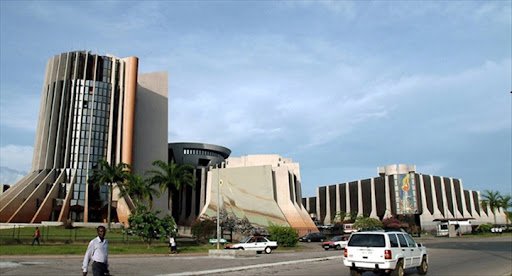
SDG 7, one of the United Nations’ 17 Sustainable Development Goals, focuses on “Affordable and Clean Energy.”
Its goals include ensuring universal access to modern energy services, and significantly increasing the proportion of renewable energy in the global energy mix, amongst other things.
The SDG 7 index assesses a country’s development in these categories, focusing on the availability, accessibility, and sustainability of energy supplies.
A high SDG 7 ranking indicates that enterprises and industries have access to reliable energy, which lowers operational costs, boosts productivity, and attracts investors.
Universal energy access also implies that more households are fully powered, allowing for improved lighting, cooking, heating, and technology access.
This shift minimizes energy disparity while immediately improving critical aspects of society including education and health systems.
For example, electricity in rural regions enables children to study after sunset and health clinics to store vaccinations and run critical medical equipment.
Additionally, a high score frequently indicates a move to renewable energy sources such as solar, wind, and hydropower, lowering reliance on fossil fuels.
This transformation is critical for addressing climate change, as many African countries are extremely sensitive to its effects.
With that said, here are the 10 African countries with the most affordable and cleanest energy, as per the Financing Africa report, by the Mo Ibrahim Foundation.
Top 10 African countries with the cleanest and most affordable energy
| Rank | Country | SDG 7 Index |
|---|---|---|
|
1. |
Gabon |
85.1 |
|
2. |
Eswatini |
70.5 |
|
3. |
Mauritius |
70.3 |
|
4. |
Tunisia |
70.2 |
|
5. |
Morocco |
70.0 |
|
6. |
Egypt |
69.9 |
|
7. |
Algeria |
65.5 |
|
8. |
Cabo Verde |
61.9 |
|
9. |
South Africa |
59.7 |
|
10. |
Sudan |
55.1 |










